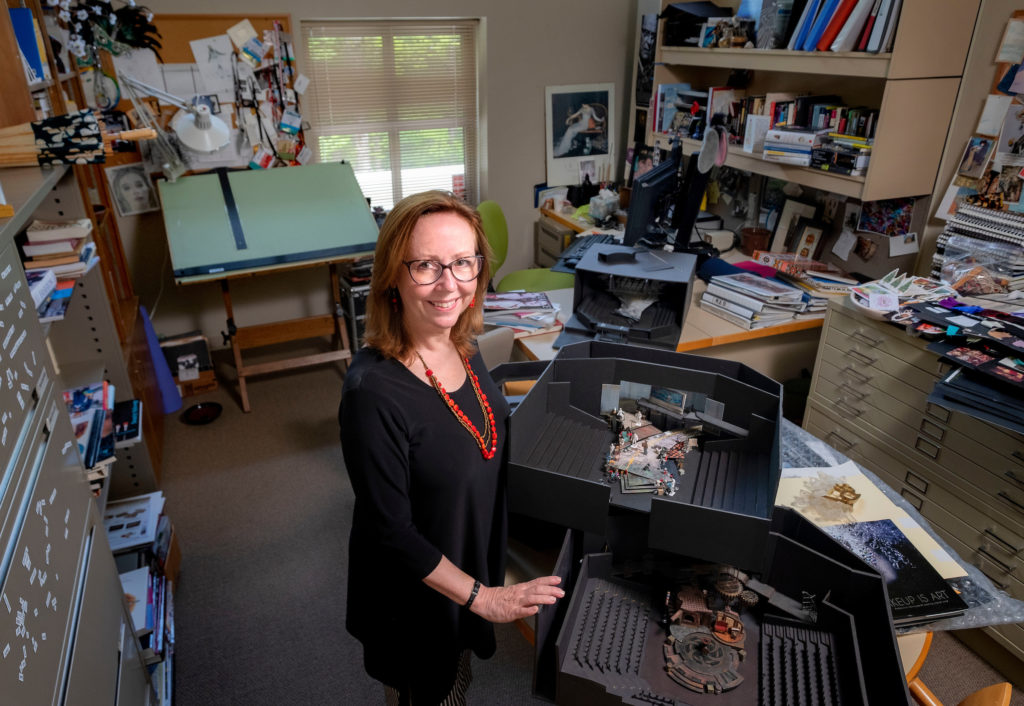
None will pay tuition.
None will have to set foot on campus, which is key, since most do not live within commuting distance. In fact, more than half of them live outside the country.
None will receive a grade or earn credits toward a degree.
But all of the students will get a chance to learn using an educational delivery system that, until a few years ago, would have been unimaginable.
These 100,000 students are among the millions of students around the world now taking courses from some of the top universities in the world through massive open online courses, otherwise known as MOOCs, which Oxford Dictionaries recently recognized as an official word.
Oxford defines a MOOC as “a course of study made available over the Internet without charge to a very large number of people.”
Extending Carolina’s reach
University leaders, meanwhile, are intent on finding out how MOOCs might redefine higher education, if only by extending its reach throughout the world.
“Accessibility has been a part of Carolina’s charter since it was founded as the country’s first public university,” said Vice Provost for Academic Initiatives Carol Tresolini. “We do not see MOOCs as changing our mission, but expanding our ability to reach and serve a broader array of people than ever before.”
And there is no campus group better suited to do that than the William and Ida Friday Center for Continuing Education, which partnered with University faculty, information technology professionals, librarians and experts in instructional design to develop multiple courses across different disciplines and present them through Coursera, an online education company.
Tresolini led the MOOCs task force that in February selected the following courses from the proposals that faculty members submitted for consideration. The courses and their instructors are:
- Lorraine Alexander and Karin Yeatts, Gillings School of Global Public Health, “Epidemiology: The Basic Science of Public Health”;
- Evan Feldman, Department of Music, College of Arts and Sciences, “Fundamentals of Rehearsing Music Ensembles”;
- Don Hornstein, School of Law, “Introduction to Environmental Law and Policy”;
- Jeff Pomerantz, School of Information and Library Science, “Metadata: Organizing and Discovering Information”; and
- Buck Goldstein and Holden Thorp, Minor in Entrepreneurship, “What’s Your Big Idea: Entrepreneurship.”
By Gary Moss, University Gazette
See the full story here: http://gazette.unc.edu/2013/09/24/moocs-extend-carolinas-reach-across-the-globe/




